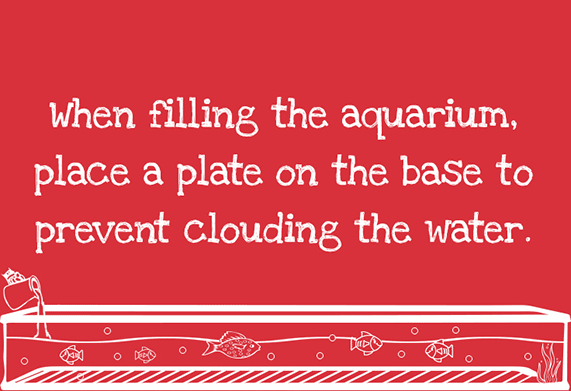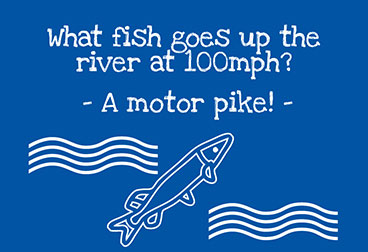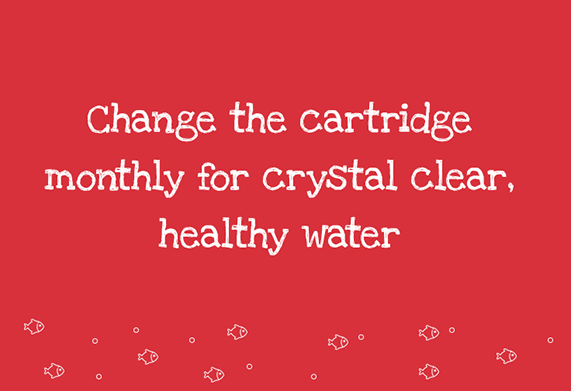Aquarium looking a bit grubby?
To get the maximum enjoyment from your aquarium you need to keep it looking crystal clear and sparkly.
An aquarium can be a beautiful addition to your home, providing a peaceful environment and an opportunity to observe aquatic life up close. However, without proper upkeep, your tank can become dirty over time. To get the maximum enjoyment from your aquarium, you need to keep it looking crystal clear and sparkly.
There are three main offenders that can challenge your aquarium’s beauty:
Cloudy water
Cloudy water often occurs when you first set up your aquarium as beneficial bacteria begin to establish themselves. This is a natural part of the aquarium cycling process, where beneficial bacteria break down harmful substances in the water. However, there may be other reasons why your water is cloudy.
Top Tip: Making sure you give your gravel substrate a really good wash before you start, will help minimise this.
If a new tank has cloudy water, it should clear up on its own within a week or two. Once the beneficial bacteria have established themselves, the cloudiness should be resolved.
Why is my aquarium water cloudy?
Cloudy water can be caused by a number of reasons. Mainly it’s due to any particle too fine being trapped in your aquarium’s filter such as:
- Fine particles of dust or dirt
- Bacterial blooms
- Algae blooms
- Uneaten food
Using a treatment such as Quick Clear will clump these fine particles together so that they settle in the base or are trapped by your filter.
Your filter will remove dirt particles from the water so make sure to clean your filter every month to remove the dirt to keep things running smoothly.
How to prevent cloudy water in your aquarium
- Carrying out regular water changes
- Using a Gravel Cleaner to remove dirt particles from your gravel substrate during water changes and using sludge removing products like Sludge Buster or Keep It Clean and
- Using sludge removing products like Sludge Buster or Keep It Clean
- Adding fine filter media like Polymer Wool to your filter to catch small particles
Uneaten food in your tank can allow algae and bacteria to flourish, leading to cloudy water, so avoid overfeeding your fish.
Hair algae
The most common types of hair algae are Cladophora, Oedogonium, Vaucheria and Spirogyra and these will range in colour from green or brown to black, in some cases.
There are several factors that can cause excessive growth of algae and although our Anti-Hair Algae treatment will remove the algae, the causing factors must be addressed to prevent further outbreaks.
What causes hair algae in an aquarium?
Some of the major influencing factors of hair algae are due to:
- Over exposure to any light (especially natural sun light). It is important to control lighting levels and consider the positioning of your tank as aquariums should never be positioned in direct sunlight (try using one of our lighting timers on your aquarium bulbs to mimic natural day/night cycle)
- Excess nutrients in the tank can be controlled by introducing live plants which will use up some of that. As always, regular water changes further clean the water of algae food
How to get rid of hair algae in an aquarium
Other areas to consider that help prevent further outbreaks and aid treatment can include:
- Maintaining adequate filtration and completing your regular cleaning routines
- Testing water regularly (high nitrate levels will encourage algal blooms)
- Keeping plants healthy by feeding with Plant Food – with no plants you can use Anti Hair Algae treatment regularly as a preventative measure
- Introducing fish or ornamental snail species that will eat algae – ask your retailer for suggestions to suit your aquarium set-up
Sludge
Sludge is the build-up of organic waste – often fish poo, excess food and dead plants – in your aquarium. Not only is sludge ugly, but it is also unhealthy and can encourage disease causing bacteria.
To help prevent the build-up of sludge:
- Complete regular aquarium maintenance
- Use Sludge Buster every 2 weeks to break down sludge before it becomes out of control
- Control feeding and remove any uneaten food
- Don’t put too many fish in your aquarium
Sludge can also be found in your filter (known as filter sludge) so make sure to clean your filter as well as your tank.
.


